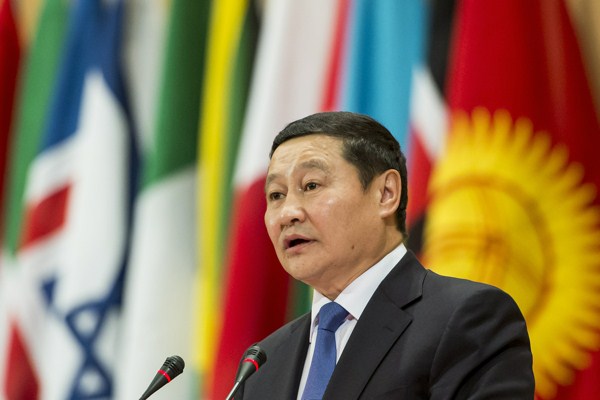Last week, Mongolia’s parliament appointed Chimed Saikhanbileg prime minister, two weeks after Norov Altankhuyag lost a no-confidence vote. In an email interview, Julian Dierkes, associate professor at the University of British Columbia, discussed Mongolian politics.
WPR: What factors explain the recent no-confidence vote against former Prime Minister Norov Altankhuyag?
Julian Dierkes: Surprisingly, Norov Altankhuyag was the longest-serving prime minister from the Democratic Party (DP). However, during the two and a half years that he was in office, Mongolia came to face an economic crisis that was largely government-made through strict foreign investment regulation and poor fiscal decisions. Altankhuyag did not show any indications that he had a particular policy goal in mind for his government. Yet he was evidently skillful at keeping his coalition with the Justice Coalition and the Civil Will Green Party intact.

